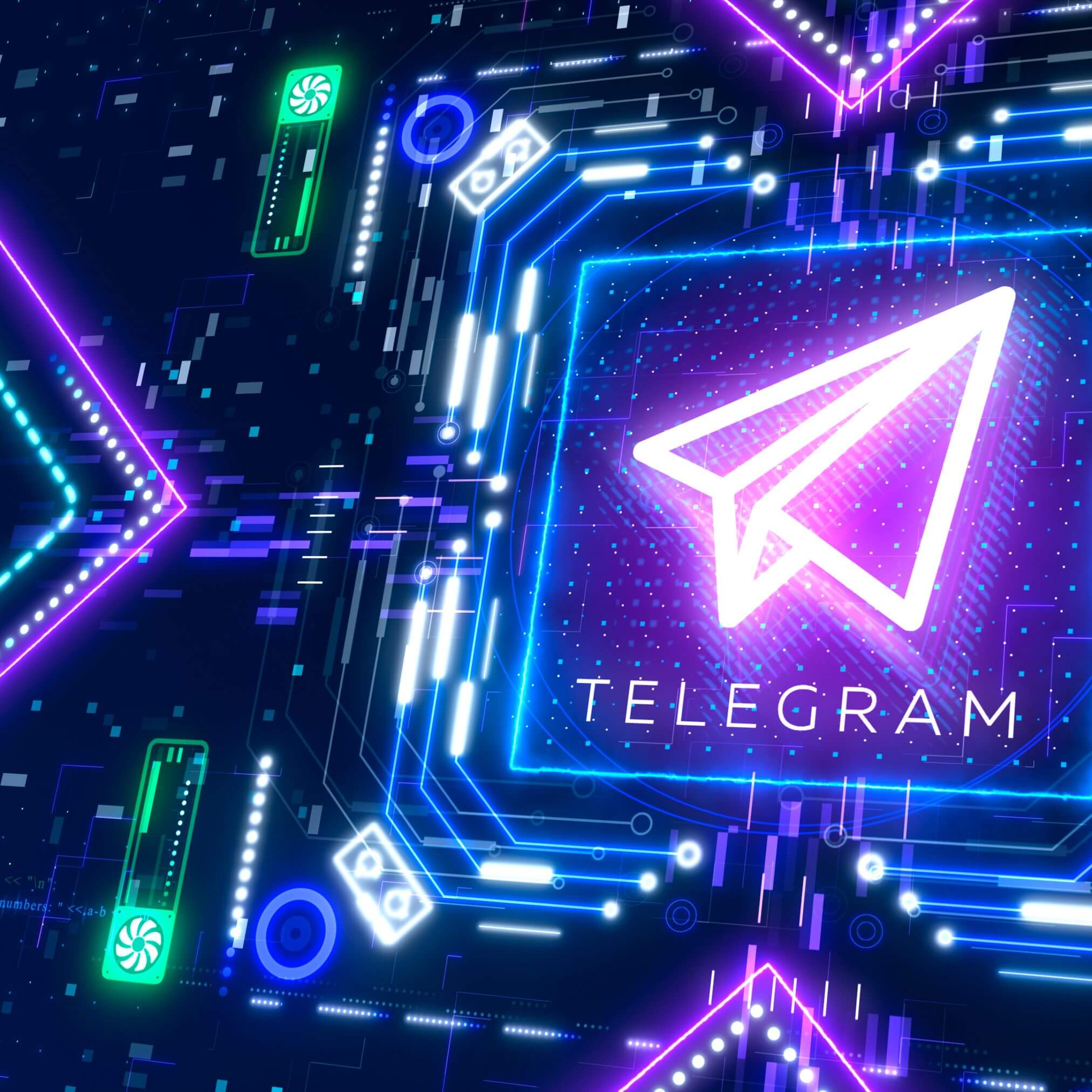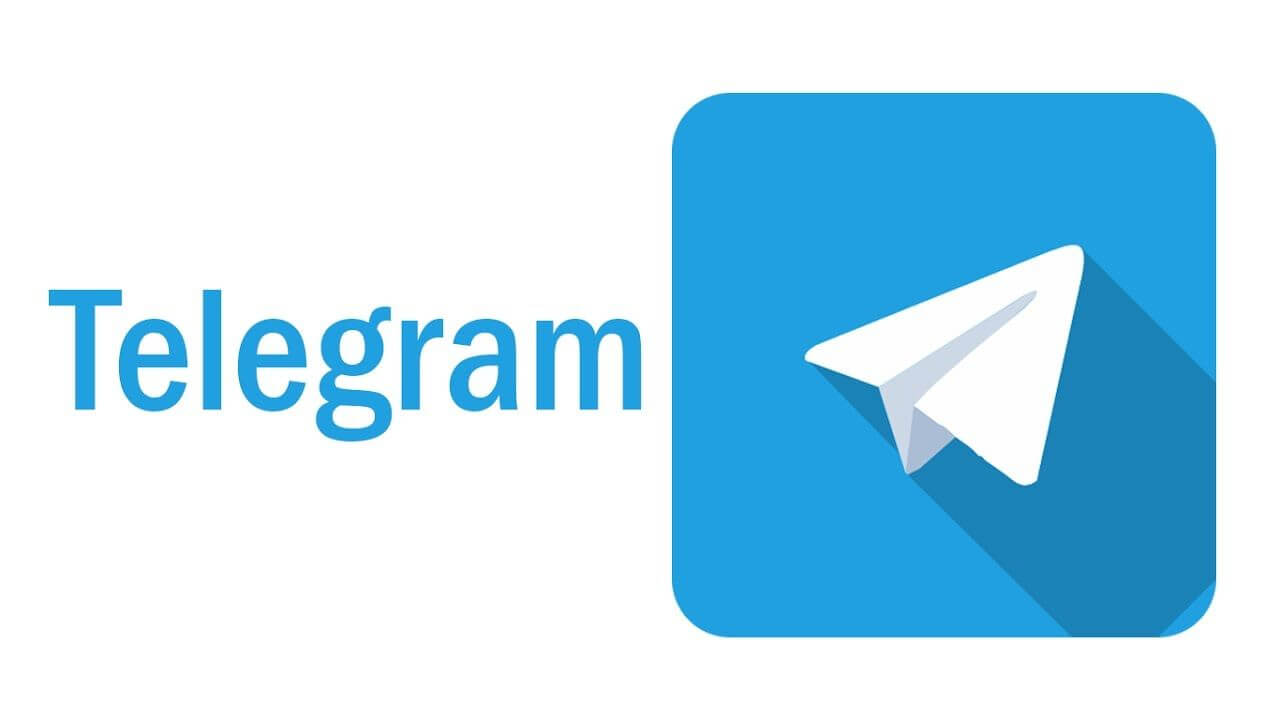
The Telegram ICO was one of the biggest token sales in recent years. It raised $1.7 billion when the sale of Telegram tokens was completed in March, 2019. Now, the Telegram Open Network blockchain is set to start up at the end of October this year.
Investors haven’t yet received the tokens that they opted for in the ICO. Yet, reports have surfaced of people already buying and selling them online. This could turn out to be a bad move for anyone involved in a transaction of this type. Let’s take a look at the full story.

How Are Telegram Tokens Being Sold?
An unauthorised secondary market is being used to allow people to buy and sell these coins for the Telegram Open Network. This means that the tokens aren’t directly from Telegram. Instead, they are from third parties who bought them and are now selling them on.
It is worth remembering that the minimum investment in the ICO was for $1 million. So plenty of people who wanted to get involved couldn’t do so. There was a huge level of hype about this ICO at the time, as it involves decentralising and modernising a number of communication methods. If the network doesn’t get up and running by the 31st of October, Telegram founder Pavel Durov has to refund the full amount raised in the ICO.
Anyone who wants to buy some Telegram tokens now can do it over the counter or on certain cryptocurrency exchanges. It isn’t too difficult to find some of these digital coins for sale if you look for them. It has been suggested that they are being sold at three times the original price.
Indeed, the secondary sale of these coins started even before the ICO was completed. It isn’t clear how many tokens have been sold on secondary markets, but there is no doubt that there is a lot of interest from people who wanted to get a part of this project before it is too late.
What Is the Potential Problem?
The big issue here is that the Telegram purchase agreement at the time of the ICO has a special clause in it. This stated that the original investors aren’t able to sell their tokens before the launch of the platform. If they do, the allocation could be cancelled.
What this means is that secondary buyers run the risk of not getting anything for their money. They are essentially buying tokens that haven’t been issued yet. These tokens could even be revoked for being sold too early. It is a big risk to take that could prove to be a costly mistake.

